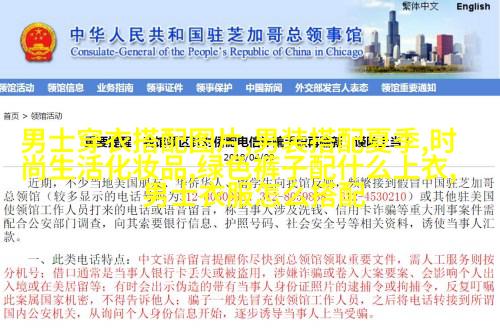A Walk Down Memory Lane with Forgotten English Phr
Introduction to the Forgotten World of English

In this article, we will take a journey through time to explore the forgotten world of English phrases and terms. These words are remnants from bygone eras, carrying with them a sense of nostalgia and charm that is hard to find in today's fast-paced world. We will delve into the history behind these phrases, their meanings, and how they can be incorporated into our everyday language.
The Roaring Twenties: A Time of Jazz Age Expressions

One era that stands out for its unique expressions is the Roaring Twenties. This was an age marked by jazz music, flapper dresses, and speakeasies. The language during this period was characterized by slang terms like "the cat's pajamas" (meaning something excellent), "flap your trap" (to talk excessively), and "twenty grand" (a lot of money).
Victorian Era: The Age of Elegance in Language

The Victorian era saw a rise in formal language use as etiquette became more important than ever before. Words like "gallant," meaning chivalrous or polite; "whippersnapper," referring to someone young or impudent; and "merry old soul," describing someone who always keeps a positive outlook on life were common during this time.
Middle Ages: Chivalry & Honor-Infused Vocabulary

During the Middle Ages, honor played a significant role in society as well as its vocabulary. Words such as "knee-deep" (deeply involved) originated from knights' armor being knee-deep in water while crossing rivers during battles.
Colonial Era: Words From Across the Seas

As trade expanded across different parts of the globe during colonial times, so did new words enter British English vocabulary. Examples include words like 'bungalow,' which comes from Indian Bengali word 'bangla'; 'curry,' derived from Tamil word 'kari'; and 'thug,' originally meaning bandit but now refers specifically to members of organized groups that preyed upon travelers.
Edwardian Period: The Golden Age Revival Of Language
The Edwardian period brought about renewed interest in classical literature leading to revivals such as Neo-Classicism where authors sought inspiration from ancient Greek & Roman works resulting in revivalist words like 'Hellenistic' referring back to Greek culture after Alexander III conquests ('Hellas').
These are just some examples among many other fascinating historical periods where unique expressions emerged due largely because cultural exchange happened between nations at large scales then! By incorporating these forgotten gems into our modern conversation not only do we pay homage but also bring forth freshness amidst monotony!
We hope you enjoyed exploring this walk down memory lane with us! Remembering what once was may inspire us towards embracing change positively too - there is beauty even within decay itself!